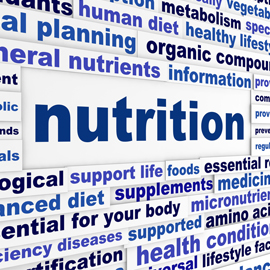
If you suffer from acid reflux disease, you know that your diet and nutrition can have a large impact on the uncomfortable and often painful symptoms of the disorder. While not all foods are problematic for acid reflux, some can irritate the esophagus and make symptoms worse. Unfortunately, there is no single diet for acid reflux, so if you are struggling with heartburn, it is a good idea to know the acid reflux nutrition basics to help you determine which foods are your trigger foods, and which are safe for your diet plan.
Understanding Acid Reflux Nutrition Basics
First, you’ll want to keep in mind the general foods that are known to irritate acid reflux. These foods include:
- Fatty foods like french fries, fatty meats and processed foods
- Chocolate
- Coffee
- Citrus fruits and juices
- Tomatoes and tomato juices
- Spicy foods
- Garlic and onions
Try to avoid foods like the ones above. Some foods have been known to help with acid reflux. Keep in mind that nothing is proven because acid reflux tends to depend on the individual. Some helpful foods that won’t cause symptoms include:
- Oatmeal
- Ginger (in moderation)
- Aloe vera
- Green salad
- Banana
- Melon
- Fennel
- Chicken and turkey (grilled, baked or sautéed)
- Fish and seafood (grilled, baked or sautéed)
- Roots and greens (broccoli, asparagus, cauliflower and green beans)
- Celery
- Parsley
- Couscous and rice
Keeping a food journal is a good way to determine your acid reflux diet. If you log the foods you eat daily, and your body’s reaction to them, you will have a clear idea of what you can and can’t eat. Determine what works for you and your individual acid reflux diet.



